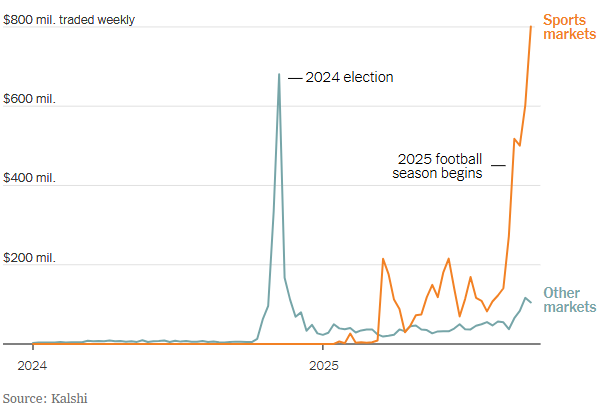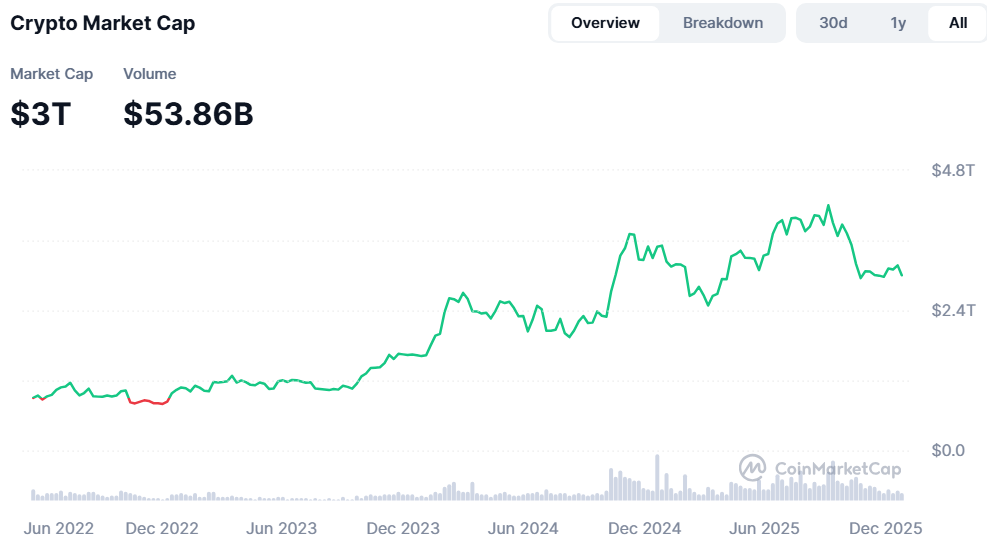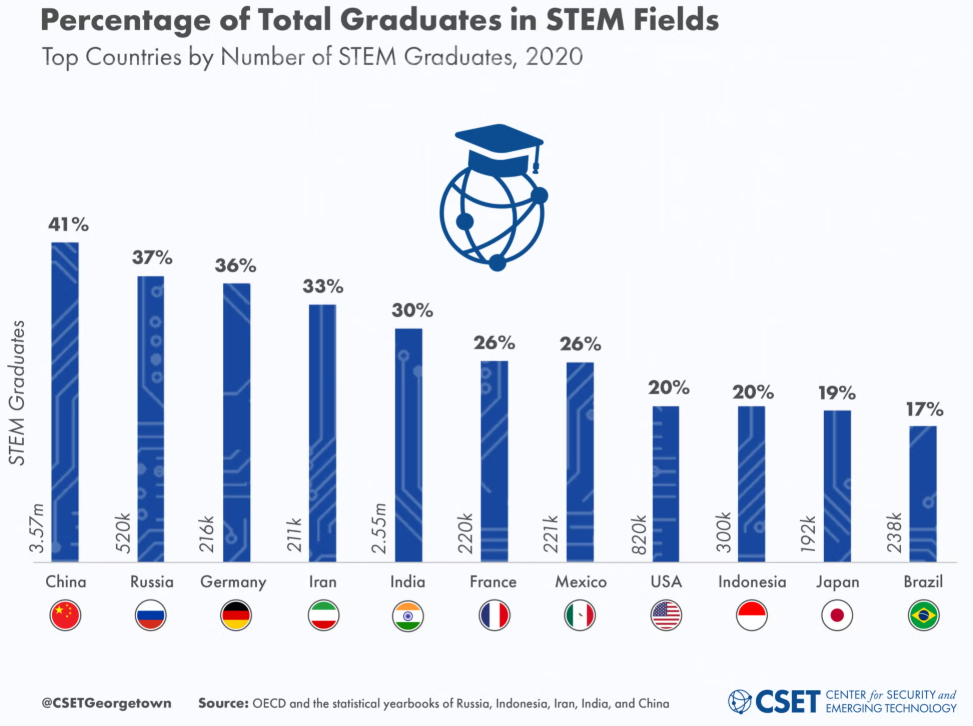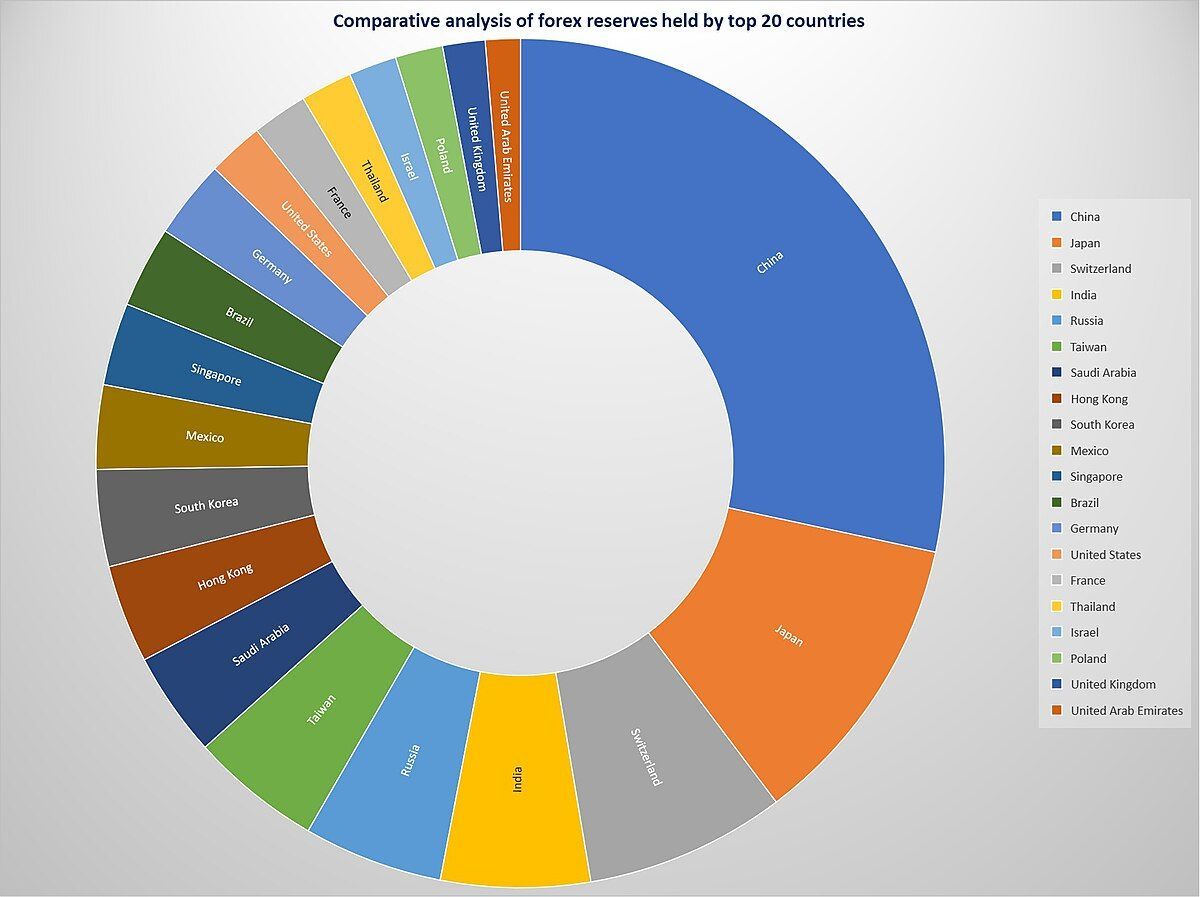Colin Read • June 24, 2023
Competition, Diplomacy, and the Art of Racing in the Rain - June 25, 2023

Last weekend a couple of important events occurred. The Montreal Formula One Grand Prix ran and U.S. Secretary Blinken visited Xu Xiaoping in China.
There are few human endeavors as competitive as Formula One racing. Cars compete on winding tracks at upwards of 220 mph where a lap time difference of a tenth of a second over three miles decides winners and losers. The competition is expensive and intense, and so are the rewards. With the kind of money and prestige resting on the outcome of each race, you’d think that passions would run high, and they do.
But, after a very close race for second and third place in Montreal, Fernando Alonso and Lewis Hamilton slapped each other on the back, joked around, and demonstrated genuine affection. They recognize how competition can be healthy for all concerned, if all are willing to play fair and by the same set of rules. Rivalry can make us better, or it can breed hatred and resentment. We get to decide which one we choose.
On the same weekend, Blinken visited Beijing. His work is cut out for him. Over the past half dozen years the world has retreated toward mercantilism and protectionism at a rate unseen for generations. The mercantilist perspective that flourished in the 1600s and 1700s proposed that gold reserves represented power and prestige, and hence trade should not be balanced. Instead, a nation should strive to export its goods but discourage through tariffs the importation of goods from other countries. That way, they can amass a trade surplus denominated in gold, the reserve currency of the day and the way to keep score among nations.
While this strategy of protectionism seems on its surface to be logical, Adam Smith demonstrated in 1776 why it was not. Protectionism is based on a somewhat ridiculous worldview where everything is a zero sum game. I get ahead only if I ensure you fall behind.
While this mentality pervades politics, it makes for poor economics. It views all external entities as adversaries rather than strategic competitors. It is the sort of energy that causes one figure skater to knock the kneecaps of another, or one runner to trip up another. It lessens competition rather than enhances it. And, it begs for retaliation instead of research and development.
Now, some view such conflict as a spectator sport. Some watch races for the crashes and engage in conspiracy theories because they enjoy the divisiveness such theories foment. But, we race faster when we strive for good clean racing where each of us pushes the other to be better rather than more diabolical.
The world has certainly turned more diabolical over the past half dozen years. We are experiencing a simmering trade war with China and trade sanctions with Russia. Natural gas pipelines are blown up, and the hungry and displaced in the world are at record highs. Two European nations are losing fathers and sons, mothers and daughters at a rate not seen since the Second World War. And each side somehow magically believes they will get the better of the other, which implies at least half of them will be wrong.
In fact, we all lose when we try to undermine the rules of the game. The game may be the ability of a nation to thrive because they are confident sovereign borders are sacrosanct. The game may be the race to build a better mousetrap, AI, EV car, automation, or space vehicle. Or, the game may be to see who can go around a 3 mile track in the rain faster than anybody else, and without hitting anything.
These pursuits for ingenuity and the human experience are what gives us purpose and meaning and what ensures our children will be left with a better and more productive world rather than picking up the pieces. It is in baking a bigger economic pie rather than fighting over its pieces. And it is accepting as a matter of faith that the bigger economic pie will benefit all humankind, even if one slice might grow faster than another’s.
Adam Smith got that in 1776. An entire nation realized in that same year we can best flourish when we create the environment that teases the best out of us - one that lays a playing field for life, liberty, and the pursuit of happiness. Meanwhile, in that same year, Edward Gibbon chronicled in his “History of the Decline and Fall of the Roman Empire” why nations that aspire to build empires instead of partners, rather than better mousetraps, ultimately fail.
This is not to say that humans and nations may not have legitimate grievances with each other. In this globalized world, it is inevitable that the actions of one entity, in their pursuit of happiness, may at times deprive another, perhaps of some valuable natural or human resource, or perhaps because of implications from Artificial Intelligence or unsustainable development knows no borders.
Such globalized competition can then be messy and even unwieldy at times, but beats the alternatives. Imagine a world in which trade amongst peoples broke down to such an extent that each nation lives in a walled fortress. Imagine the conflicts that arise when we look for chinks in each other’s armor rather than focus on what makes us better.
President Nixon thawed relations with China back in 1972, more than half a century ago. At that time, few viewed China as much of a threat, not militarily nor commercially. Obviously, these two countries had vastly different perspectives of the individual versus the State, and each cultivated within their country the ideology they found most appealing. That is fine and good when borders are respected.
We watched as China became an economic powerhouse. Granted, they did so by watching how the U.S. and others innovated. And, perhaps they cut some corners at times, as those who want so bad to no longer be Number 2 are want to do. But, just as success in the Western World motivated China to try harder, it also teased the best out of our countries and companies. We all benefit from heightened competition, even if at different rates.
We also benefit by having a greater diversity of choice that free trade in goods and ideas provides. This was the message of Adam Smith and every economist since then. The striving to lead any race is an economic pie-enhancing exercise which benefits all humankind.
China and the U.S. has to figure that out. I thought in my youth that by the 21st Century we’d be sufficiently evolved to discard the primitive belief that power is the ultimate goal and might makes right. The U.S. has learned over the past half century that success now requires collaboration and an acceptance of certain competitive principles. It is possible that China does not yet fully grasp the disadvantages which arise with empire building. But, then again, the U.S. has often forgotten that lesson. Maybe what we all need to do is to contrast the difference in economies mired in mercantilism compared to the bounty that global competition has provided us with since we discarded childish theories.









